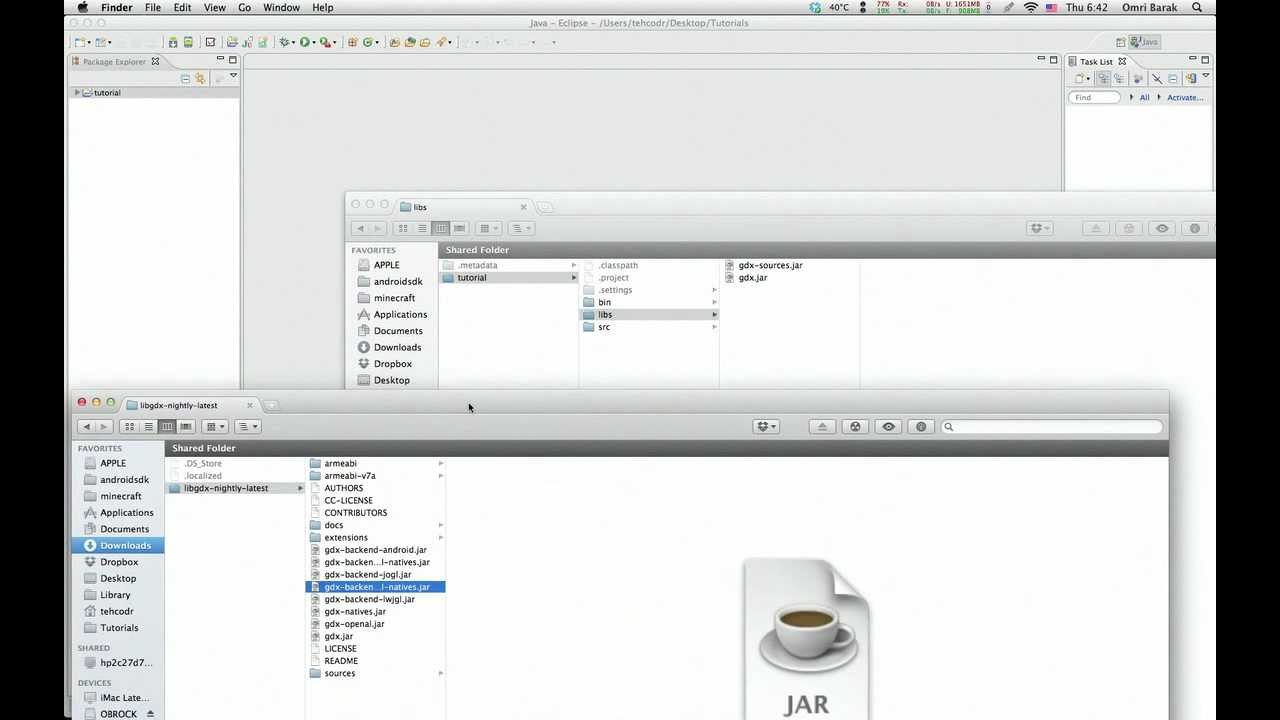Ok, so following the posts on the discussion about why people are still using java2D I have decided I want to try out libGDX. I was linked to where to download a libGDX ui setup application and then a tutorial for libGDX.
The ui app has created four projects for me. I only want to program for desktop, what do I do now? I’m really confused. I don’t know what projects I need to work in or what other libraries I may/ may not need for libGDX.
Can someone help me please?
~Scyth



